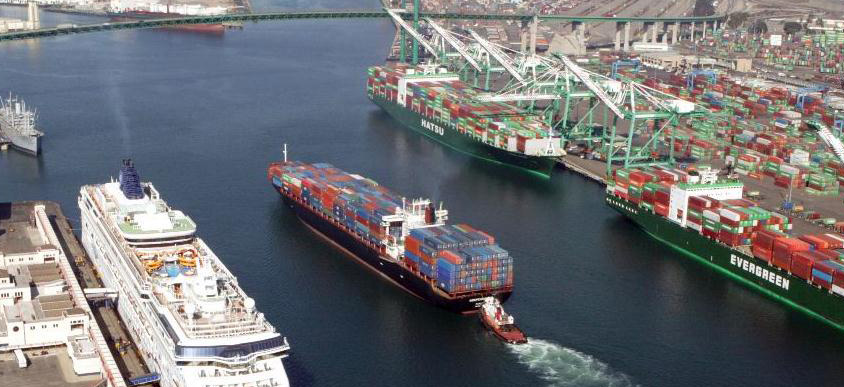Incoterms

|
WHAT INCOTERMS ARE - INCOTERMS are a set of three-letter standard trade terms most commonly used in international contracts for the sale of goods. First published in 1936, INCOTERMS provide internationally accepted definitions and rules of interpretation for most common commercial terms. In the US, INCOTERMS are increasingly used in domestic sales contracts rather than UCC shipment and delivery terms. WHAT INCOTERMS DO - INCOTERMS inform the sales contract by defining the respective obligations, costs and risks involved in the delivery of goods from the Seller to the Buyer. WHAT INCOTERMS DO NOT DO - INCOTERMS by themselves DO NOT:
1. TERMS FOR ANY TRANSPORT MODE
2. MARITIME-ONLY TERMS |
